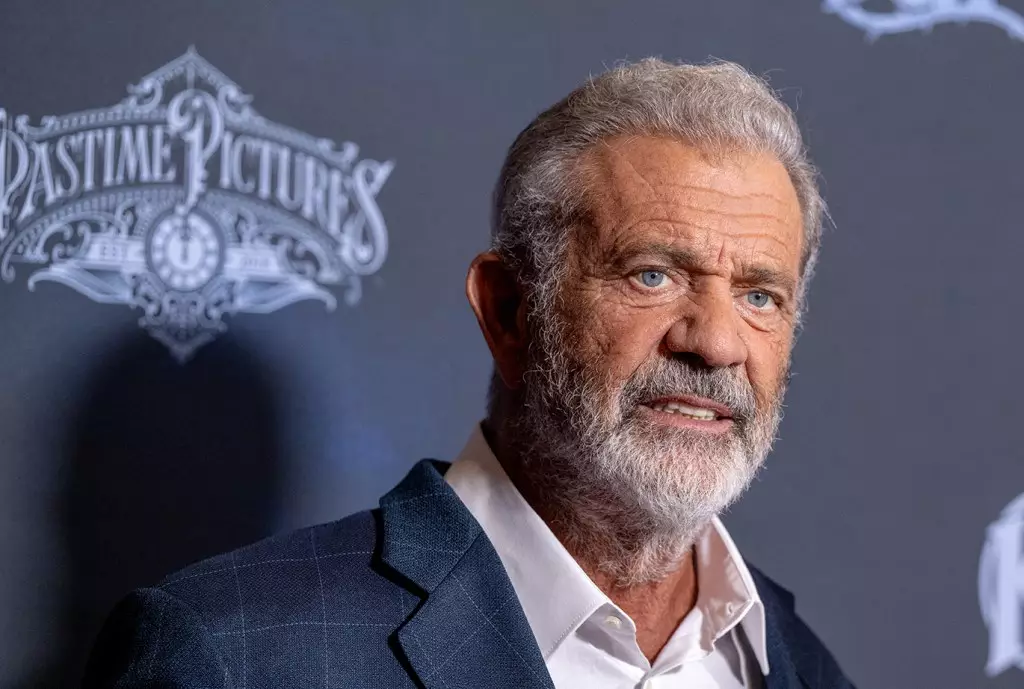In the realm where justice meets celebrity, shocking events unfold that expose the critical interplay between power and ethics. The recent dismissal of Elizabeth G. Oyer, a high-level attorney at the Justice Department, raises profound questions about the influence of fame on legal processes, particularly concerning the restoration of firearm rights. Oyer’s termination came rapidly after she expressed her unwillingness to recommend the reinstatement of gun rights for Mel Gibson, a controversial figure with a problematic history involving domestic violence. This incident not only underscores the potentially dire consequences of making exceptions based on celebrity status, but also raises the alarm about the safety implications of such decisions.
Mel Gibson’s Troubling Past
Gibson’s history is marred by a 2011 domestic violence misdemeanor conviction, which stripped him of his gun rights—a consequence that seems justified given the nature of his actions. He received probation, community service, and mandatory counseling, all designed to address his behavior and help him reintegrate responsibly into society. However, Oyer’s reference to Gibson’s reinstated firearm rights invokes a chilling consideration; the vital connection between past misconduct and future risk cannot be dismissed lightly. Accepting a rationale that hinges on fame and well-connected friendships rather than genuine rehabilitation raises ethical dilemmas that our justice system should not overlook.
Political Maneuvering and Bullying
The circumstances surrounding Oyer’s firing speak volumes about the dynamics at play behind closed doors. She alleges that her disinterest in endorsing Gibson’s request was met not just with indifference but with overt pressure from higher-ups. The Vice Deputy Attorney General was allegedly firm in indicating that Gibson’s ties to influential political figures should overshadow her professional reservations regarding gun safety. Such political maneuvering is not only disheartening but also indicative of a broader pattern where legal standards may be compromised for the sake of personal relationships and celebrity endorsements.
The Risks of High-Profile Gun Rights Restoration
Beyond the immediate implications for Oyer’s career, this incident has broader repercussions. Studies show that domestic abusers often re-offend, leading to dire public safety consequences. Restoring firearm access to individuals with a history of abusive behavior is not merely a bureaucratic decision; it is a matter that can influence lives decisively. The justification that Gibson’s movie star status qualifies him for reinstatement of his gun rights raises alarming ethical concerns. Should an individual, however celebrated, be prioritized for such privilege over those who uphold the law and moral standards? Oyer’s caution in dealing with this case reflects a profound understanding of the real-world consequences that can arise from seemingly bureaucratic decisions.
Celebrity Influence on Mentalities
The perceived normalization of celebrity misdeeds can, over time, warp public perceptions of justice and accountability. When flawed individuals such as Gibson are placed on pedestals, the endorsement of their behavior—coupled with systemic support—creates an environment where the implications of their past actions are trivialized. Oyer vividly described her concern over the implications of reinstating firearm rights for someone with Gibson’s history, emphasizing that such recommendations should not be made lightly. In a society that idolizes fame, it is crucial to remain vigilant and ensure that public safety concerns are not swept aside for the sake of pleasing iconized figures.
A Call for Ethical Standards
The troubling episode involving Oyer and Gibson serves as a caustic reminder of the ethical dilemmas in our justice system. It highlights the precarious balance between celebrity culture and the unwavering need for legal integrity. It is vital that the restoration of rights, especially concerning something as consequential as firearm possession, is rooted in accountability rather than influence. High-profile cases should prompt open discussions regarding the criteria for such decisions, particularly when they challenge the safety of our communities. As the legal system grapples with the implications of celebrity influence, it must remember that justice must not bend to accommodate the whims of notoriety; rather, it should champion the principles of safety, accountability, and humanity above all.

